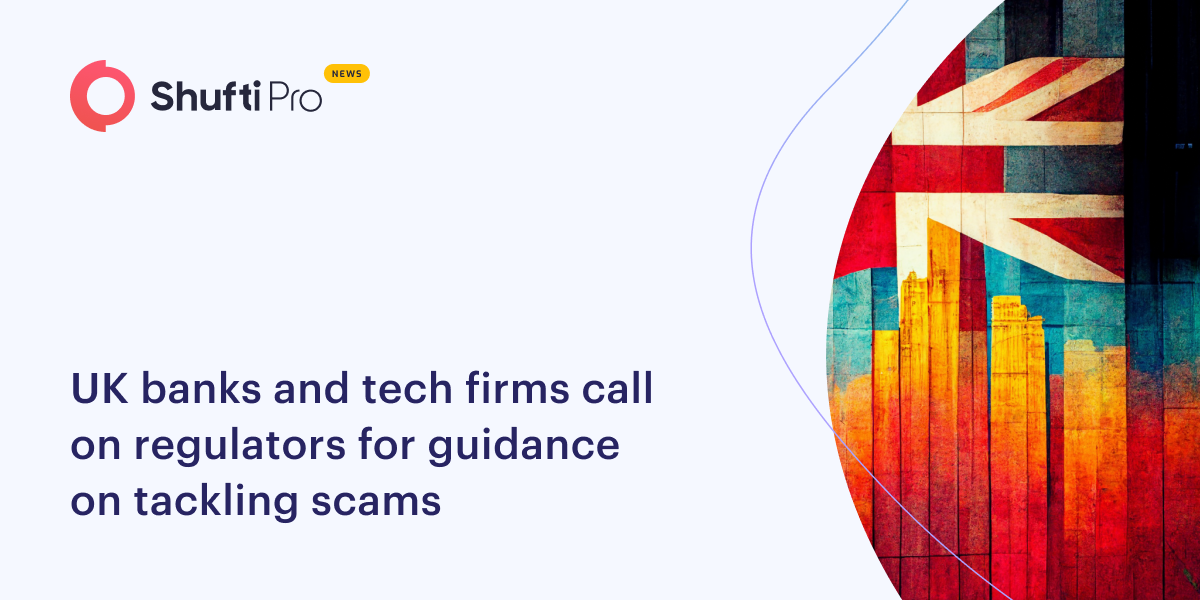UK Banks and Tech Firms Call on Regulators for Guidance on Tackling Scams

Banks, tech, and telecom firms in Britain have called on lawmakers and regulators to make it easy for them to share anonymized details about clients so they can detect and prevent scams more efficiently.
According to the banking lobby group UK Finance, bank scams have cost British consumers about 610 million pounds so far and pose a threat to national security.
Banks have already stepped up their anti-scam efforts, but a report released by the Royal United Services Institute and industry body Stop Scams UK claimed that the complicated procedures and rules concerning privacy policies make it difficult for businesses to share information to combat fraud.
Britain has presented an ‘online safety bill’ to deal with bad content online and aid financial authorities in stepping up their efforts to combat scams. Banks anticipate that the bill will provide clearer instructions on how to share anonymized consumer data in order to identify new scams.
“If we are to unlock data sharing at scale, we call for proportionate and sensible changes to guidance around the interpretation of privacy law,” stated Chair of Stop Scams UK Ruth Evans.
Policy revisions are required to make it apparent that sharing information is permitted and even promoted, the report said, since the risk of regulatory involvement and a lack of certainty on what is authorized under the law hinder innovation.
Since the cost of living has increased the prevalence of fraudulent activity, more banks have joined Stop Scams UK’s fraud-reporting hotline in the past month. Privacy groups, meanwhile, are opposed to banks’ demands for greater assurance about the sharing of anonymized data.
Suggested Read: Money Laundering to Remain a Significant Challenge with Spike in Online Crime











